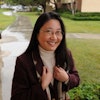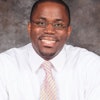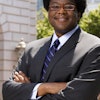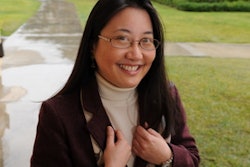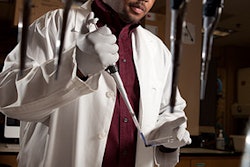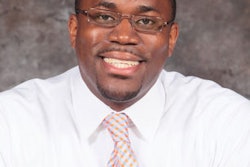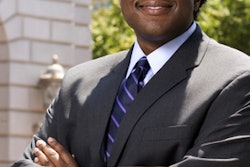As a young, petite, Native American woman, Dr. Majel Boxer stands out among her mostly male, mostly White colleagues in Fort Lewis College’s Native American and Indigenous Studies department. But don’t let her stature fool you — this faculty member is highly accomplished and has helped affect change in tribal communities.
Not only has she re-energized the Native American and Indigenous Studies department at Fort Lewis College in Durango, Colo., but she also is changing how Native American history is portrayed in museums across the country.
“Western institutions, including higher education and museums, have historically been complicit in describing indigenous peoples in racialized ways,” Boxer says. “They categorize and present these groups with anthropological terms.”
The goal of her scholarship, she says, is to help native populations reclaim the way their cultural identities are often portrayed.
What results is often the birth of a cultural center where tribal groups can come to interact with their living history and traditions.
“When tribal communities remake a museum, they become highly native,” she says. “They become institutions where communities can embrace their revitalized culture and teach the younger generation about the old ways.”
For example, The Museum at Warm Springs in Oregon created a nature path that points out indigenous plants and how native cultures historically used them. This type of presentation, Boxer says, changes a museum’s perspective as well. Visitors no longer feel like outsiders looking in — they can interact, and they feel the ownership of the tribal communities.
As a child living on two Indian reservations, Boxer was surrounded by family, tradition, and culture. Her interest in teaching ignited as she watched Native American women work as teacher’s aides, and her mother encouraged her to dream bigger and become the teacher. Now, she strives to spark in her students the desire to know more about the history of native and indigenous peoples.
Her educational path was winding, taking her to banking and music education before she chose Native American studies. But now as department chair, Boxer has expanded the course offerings at Fort Lewis to include classes on indigenous women and how indigenous identities are perceived in a multicultural world.
As both an assistant professor and an adviser to the Native American student organization, Boxer has quickly gained the respect and admiration of her colleagues and her students. According to Dr. Linda Schott, dean of Fort Lewis’ School of Arts, Humanities, and Social Sciences, the number of students choosing to major in Native American and indigenous studies has risen since Boxer began teaching there.
“[Boxer] is an amazing young woman,” Schott says. “Academically, her standards are extraordinary, and she challenges both the other faculty and the students to consider Native American studies from different perspectives.”
Being a mentor for native students lets Boxer offer the same type of support and encouragement she received while in school, she says. Students should see her as an ally — someone with whom they can identify.
Boxer takes this same fervor to the classroom. Boxer says her ultimate goal is to help Native students — who comprise roughly 20 percent of Fort Lewis’ student body — integrate into and navigate Westernized higher education without feeling as if they have lost their cultural identity.
“I tell them that being educated in a Westernized institution should not make them feel less Native,” she says. “A lot of them struggle to live in two worlds, but I try and help them see they can leave, go to school elsewhere, and then, if they choose, return to their communities with new skills. They won’t be outsiders.
Title: Assistant professor of Native American and indigenous studies; chairwoman, department of Native American and indigenous studies, Fort Lewis College
Education: Ph.D., ethnic studies, University of California-Berkeley; M.A., ethnic studies, University of California-Berkeley; B.A., comparative American cultures, Washington State University
Age: 33
Career mentors: The people who have been my mentors never knew I saw them as such. As an undergrad, one of my Native American female professors was important because I could see her teaching within the ethnic studies program. It was a signal that I could accomplish the same.
Words of wisdom/advice for new faculty members: “To any new faculty, I would say embrace the opportunity to teach students who are intellectually young. Find the eagerness to learn in their eyes, and let it inspire you.”

